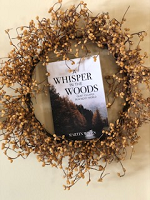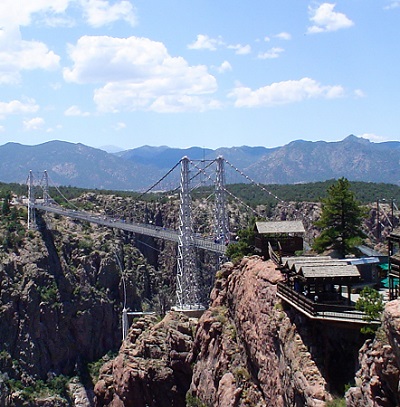Down the Drain
 We love to watch water fall into a river. However, we rarely want to watch water go down the drain. We lose that water, and it costs us.
We love to watch water fall into a river. However, we rarely want to watch water go down the drain. We lose that water, and it costs us.
Down the drain means wasted.
Our resources have:
- Failed
- Disappeared
- Ruined
This may apply to:
- Companies
- Finances
- Relationships
- Personal or professional plans
Sometimes, we control what goes down the drain.
We do that when we:
- Make risky investments.
- Spend money recklessly.
- Fail to nurture relationships.
- Focus only on ourselves.
Other times, we have no control.
- Banks or companies make poor decisions.
- Thieves rob us.
- People desert us.
Whether we have control or not, we lose.
Similar metaphors include:
- Down the tubes
- Down the pan
- Down the toilet
- Down the plughole
Life constantly changes.
With all its ups and downs, we look for a constant. We find that in a relationship with Jesus. Whatever the situation, Jesus remains with us and will guide us through it.
Circumstances may go down the drain. With Jesus, our eternity remains secure.
Thanks to Beckham Wilson for the suggestion.
Do you have an expression you want explained or a thought about this one? If so, please comment below.
Subscribe to receive my weekly posts by email and receive a free copy of “Words of Hope for Days that Hurt.”
If you enjoyed this post, please share it with your friends.

 I always wanted to hit a ball over the fence when I played softball. I never did. No matter how hard I would swing for the fences, I could not do it.
I always wanted to hit a ball over the fence when I played softball. I never did. No matter how hard I would swing for the fences, I could not do it. Do you have an expression you want explained? If so, please comment below.
Do you have an expression you want explained? If so, please comment below. On my first trip to Cañon City, Colorado, my husband and I walked across the nearby Royal Gorge Bridge. Several people use that bridge as a jumping-off place. They bungee jump from the highest bridge in the United States.
On my first trip to Cañon City, Colorado, my husband and I walked across the nearby Royal Gorge Bridge. Several people use that bridge as a jumping-off place. They bungee jump from the highest bridge in the United States. Matthew knows he should never play with fire. He does not want to get hurt. Neither does he want to hurt others.
Matthew knows he should never play with fire. He does not want to get hurt. Neither does he want to hurt others. We have to be careful during Kentucky winters. We often find ourselves on thin ice and must
We have to be careful during Kentucky winters. We often find ourselves on thin ice and must 